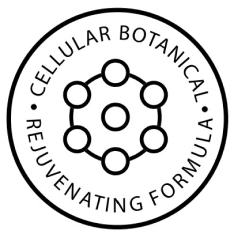Understanding the disparities in water consumption between growing livestock and "thirsty foods" can have significant benefits for individuals in their daily lives. This knowledge can inspire more sustainable dietary choices, promote water conservation, support self-sustainability, contribute to environmental conservation, and improve personal health. Let's delve into the details.
Water Consumption Comparison: Raising livestock, particularly cows for milk production, requires a substantial amount of water. From birth to maturity, cows consume significant quantities of water for drinking, maintaining their health, and irrigating the crops they consume. This water usage extends to cleaning and sanitation purposes, making animal agriculture water intensive.
In contrast, "thirsty foods" like fruits and vegetables offer a more water-efficient alternative. These crops can be grown using considerably less water due to their naturally high-water content. By shifting focus towards cultivating these water-rich foods, we can effectively conserve water resources and reduce our ecological footprint.
Environmental Impact: By choosing "thirsty foods" over animal products, we contribute to reducing water consumption and greenhouse gas emissions associated with livestock farming. This conscious dietary choice supports environmental conservation efforts, mitigates climate change impacts, and protects ecosystems and biodiversity.
Water Conservation: Understanding the water intensive nature of livestock farming prompts us to make mindful choices about our dietary preferences. By opting for plant-based options, we significantly reduce our individual water footprint. Conserving water resources benefits not only the environment but also ensures their availability for future generations.
Sustainable Food System: Knowledge about the water consumption disparities can inspire us to support self-sustaining food production methods. By growing fruits and vegetables over large areas, we can establish a continuous supply of nutritious produce, promoting food security and reducing dependence on resource-intensive animal agriculture. Supporting local agriculture and community gardens or even growing our own produce can contribute to a more sustainable and resilient food system.
Personal Health: Incorporating "thirsty foods" into our diets offers numerous health benefits. Fruits and vegetables are rich in fiber, vitamins, and antioxidants, promoting overall well-being and reducing the risk of chronic health ailments. By prioritizing these nutritious options, we improve our nutrition and support a healthier lifestyle.










